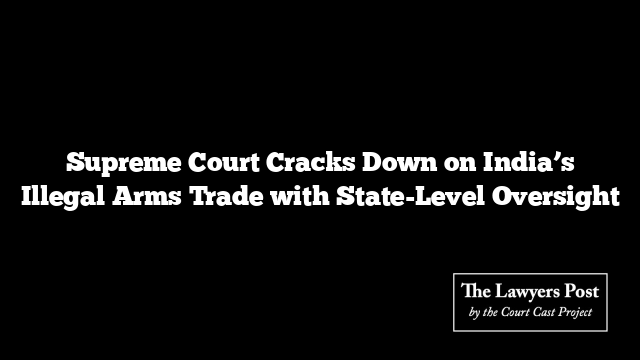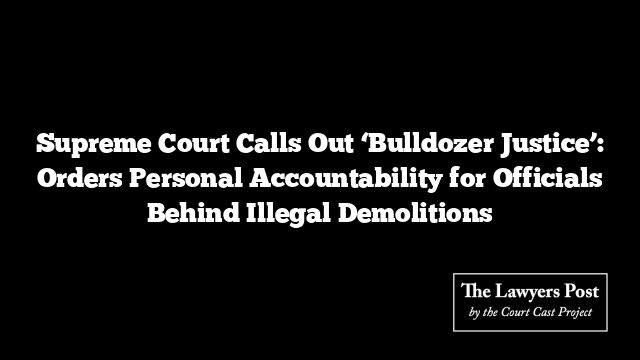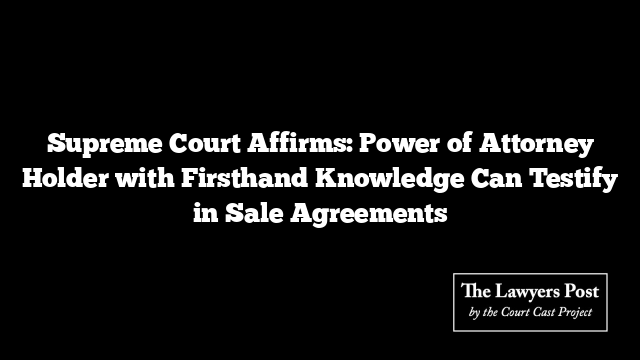Amid rising concerns over unlicensed arms factories and lax enforcement, the Supreme Court of India has taken a bold step to curb illegal weapons by ordering each state and Union Territory to establish specialized committees. This directive follows the Court’s alarm over “factories” and “workshops” manufacturing illegal arms, which fuel societal and state-level crimes. Criticizing what it called a “lackadaisical approach” in implementing the Arms Act of 1959 and the Arms Rules of 2016, the Court mandated swift action to monitor and dismantle the illicit arms market.
The Court’s move stems from a suo motu inquiry that brought to light a disturbing pattern: unlicensed weapons are increasingly linked to crime due to minimal oversight. Previously, states were asked to submit affidavits detailing their actions against unlicensed arms under the Arms Act, yet many states failed to present an effective response, prompting the Supreme Court’s intervention.
Leading this enforcement initiative, the Court appointed senior counsel S. Nagamuthu as Amicus Curiae to gather comprehensive feedback from each state, UT, and the Union of India. Findings indicated that, despite established laws and frameworks, enforcement remains weak, allowing unlicensed arms to circulate freely, often crossing borders through smuggling.
Acknowledging that policing and public order fall under state jurisdiction, the Union of India emphasized its duty to control the illegal arms trade while noting the National Investigation Agency’s active involvement. Recent amendments to the Arms Act—including heightened penalties and new offenses—were designed to fortify the regulatory structure, yet the desired impact remains elusive.
In a November 7 session, Justices B.V. Nagarathna and Pankaj Mithal underscored the need for decisive action. They noted that unlicensed arms factories are on the rise and pointed to an alarming influx of smuggled weapons that pose a threat to both society and the state.
To counteract these threats, the Supreme Court directed each state and UT to form a committee comprising the Chief Secretary, Home Secretary, Director General of Police, Law Secretary, and a ballistic expert. This committee has been tasked with creating a concrete action plan within ten weeks, focusing on:
- Enforcing the Arms Act and related rules effectively.
- Inspecting and auditing both licensed and unlicensed arms factories.
- Compiling comprehensive data on the illegal arms trade.
- Counteracting the smuggling of arms and ammunition.
- Studying the impact of illegal arms on crime rates and proposing preventative measures.
Through this coordinated approach, the Supreme Court seeks to shut down the flourishing illegal arms market and establish accountability for each state and Union Territory.





